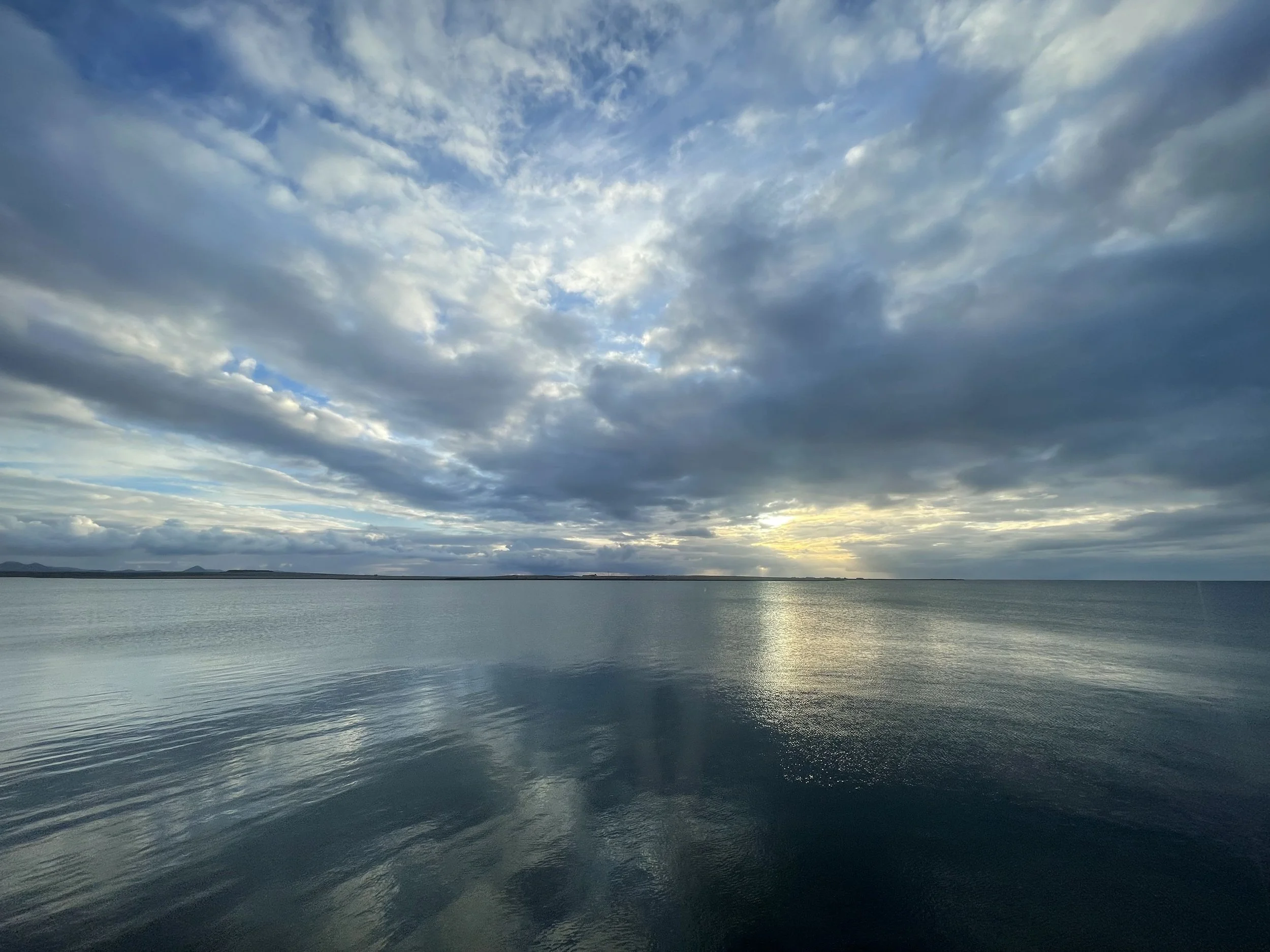Transforming the Religious Impulse Gone Bad
The Challenge of ISIS in America: Perspectives of Interfaith Leaders and Peacebuilders
A complex history of religious, political, and ethnically based conflict has now thrust the world into a wrenching conversation around the significance of a terrorist organization calling itself the Islamic State (known by other acronyms such as ISIL or ISIS or simply IS). Here in the U.S., this conversation has broadened to a more volatile discussion around religion, secularization, Islam and human rights.
Global Religion – A Perfect Storm, by the Numbers
Religiously related beheadings broadcast this summer over the internet snapped the world to attention, initiating a dark new chapter in global religious relationships. We might call this a tragic aberration if the madness were confined to Iraq/Syria, or if religious freedom was not diminishing globally even as religiously related conflict is accelerating. But this new level of violence could push us to a tipping point. Humankind’s best hope may be the willingness of peacemakers, religious and secular, to join hands strategically to end absolutist violence, wherever it’s found.





